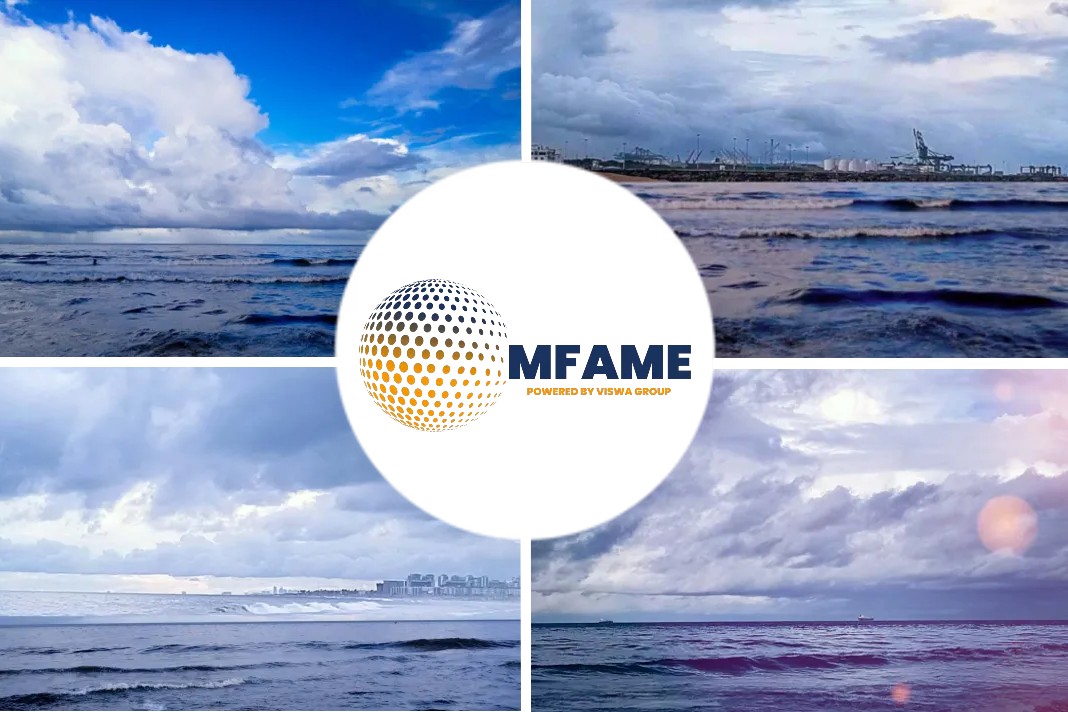- UK oil and gas industry regulator, OGA, announced the launch of an year-long UK Continental Shelf (UKCS) – mediation pilot.
- The aim of mediation is to encourage parties to resolve the dispute themselves, rather than bringing the dispute before a judge (or the OGA) for a decision.
- Mediation provides a confidential ‘safe space’ for parties to explore potential routes to resolution of a dispute on a ‘without prejudice’ basis, assisted by an independent third party (the mediator) who will facilitate those discussions with a view to assisting the parties identify and agree their own resolution.
UK oil and gas industry regulator Oil and Gas Authority (OGA) has revealed that it has launched a year-long UK Continental Shelf (UKCS) “mediation pilot,” writes Laxman Pai for Marine Link.
Mediation pilot to resolve license disputes
The Oil and Gas Authority (OGA) has seen an increasing number of disputes between licensees, operators and infrastructure owners in the UKCS over the past 18 months. In some cases, these disputes have the potential to threaten delivery of MER UK.
In a bid to help industry resolve the issues underlying these disputes, which often flare up because of communication breakdowns or entrenched licensee behaviours, the OGA has launched a year-long mediation pilot.
- The OGA already has formal powers which can be used in some disputes, but others may be more rapidly resolved with the aid of a neutral third-party mediator.
- A mediator, unlike a judge, won’t make decisions about the dispute but instead brings the parties together, facilitating discussion, summarising arguments and highlighting areas of agreement and outstanding issues.
Mediation aims at self resolution
The aim of the mediation is that the parties agree a resolution themselves rather than having a decision being handed down by a judge, or the OGA.
Ideally, a resolution should be found quickly so that issues don’t drag on for months or years, potentially wasting valuable time and money which could be better used in getting on with the day job.
The pilot launched on February 3, meaning that now, when the OGA becomes aware of a dispute, it can request that the parties try mediation.
Easing discussions beween parties
This could be at any point during the OGA’s involvement in the dispute, including as part of the OGA’s “business as usual” stewardship, while facilitating discussions between two parties.
If the parties agree to mediate, the OGA will refer them to the Centre for Effective Dispute Resolution, an experienced third-party service provider, who will carry out the mediation.
The mediation should be arranged as soon as possible, at most within a month of a referral, and the process should take around eight hours of face-to-face discussions.
This will either result in a resolution or in the parties identifying areas on which they do agree, which could help the OGA resolve the dispute by other, more formal, means.
The OGA will review the pilot’s performance in early 2021 and decide on whether to continue supporting a mediation service.
Did you subscribe to our daily newsletter?
It’s Free! Click here to Subscribe!
Source: Marine Link
















